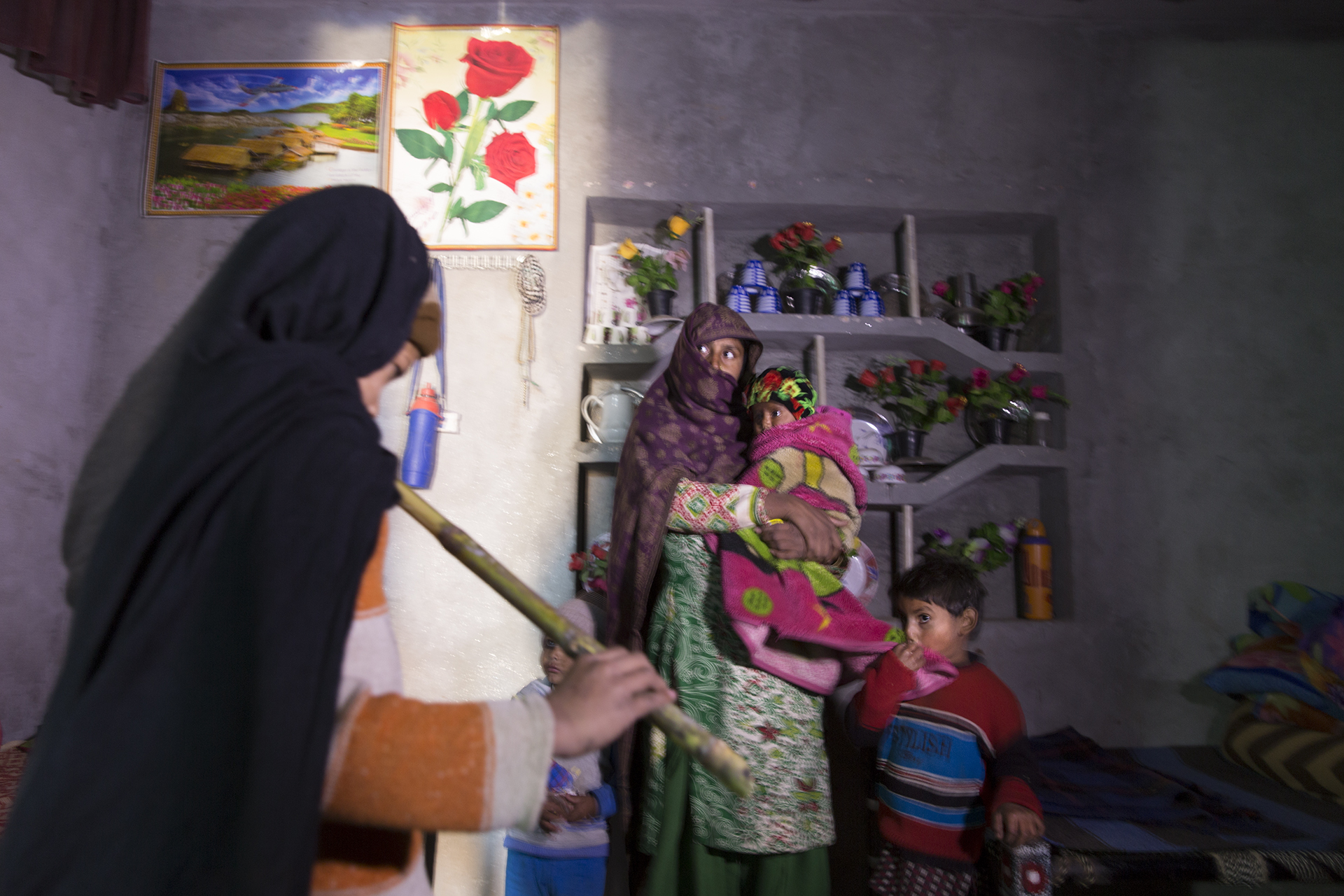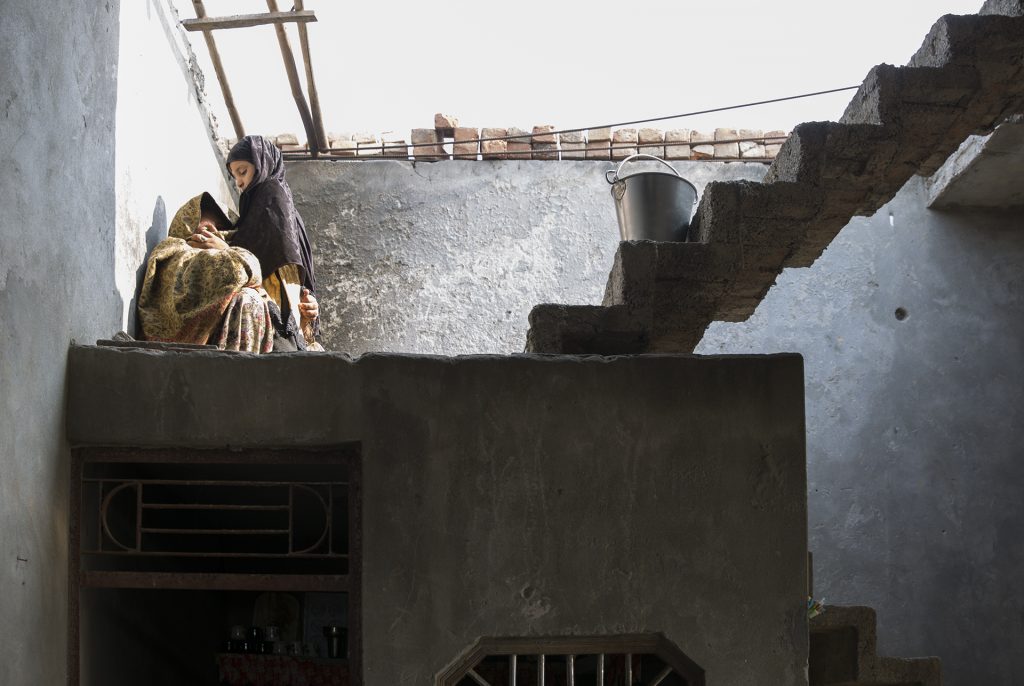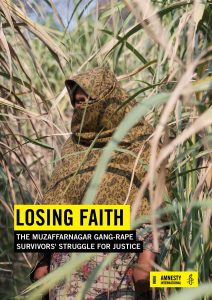By Twocircles.net Staff Reporters
The Uttar Pradesh government has failed to expeditiously investigate and prosecute the seven cases of gang-rape filed after the 2013 Muzaffarnagar riots and deliver justice, Amnesty International India said while publishing a report in Delhi on Thursday, February 9.
The briefing, “Losing Faith: The Muzaffarnagar Gang-rape Survivors’ Struggle for Justice”, details the cases of seven Muslim women who came forward after the September 2013 riots to report that they had been gang-raped, all by men from the Jat community.

Over three years after the riots, there has not been a single conviction in any of the cases. Despite changes to India’s laws in 2013 requiring trials in rape cases to be completed without unnecessary delay, trials have proceeded extremely slowly. The state government and successive central governments have also failed to adequately protect the survivors from threats and harassment – which in some cases led to them retracting their statements – and to provide adequate reparation.
“The Uttar Pradesh government has failed the seven women who have fought enormous odds to pursue their cases,” said Aakar Patel, Executive Director, Amnesty International India. “The government’s apparent lack of interest in delivering justice also goes against the spirit of the legal reforms passed in 2013 to end impunity for violence against women,” he added.
Amnesty International interviewed six out of the seven gang rape survivors who had filed FIRs, between July 2016 and January 2017. In all seven gang-rape cases, the police took months to file charges, and even after they did so, trials have proceeded extremely slowly. Even where the police filed charges which took between six and 14 months in most cases the trials did not commence immediately.

In three cases, survivors identified and named the men they said had raped them in their First Information Reports but then retracted their statements in court. Some of them later admitted that they had been compelled to do so after facing pressure and threats to their safety and that of their families, and a lack of adequate support and security from the authorities.
“We are still scared when we leave home,” said one of the survivors to Amnesty International India.
Human rights lawyer Vrinda Grover, who has represented the survivors in the Supreme Court, said, “We are saying yes, you must stand up, in court, in a rape trial, and give evidence, and your dignity must be vindicated. But for that what should she do? She should either put her own life or the life of her children or other family members at stake.”
The state police also did not at first invoke Section 376(2)(g) of the Indian Penal Code, which specifically recognizes the offense of rape during the communal or sectarian violence, in the FIRs registered in September and October 2013 and February 2014. There were also delays in filing FIRs, conducting medical examinations and recording the statements of the survivors before a magistrate.
The timeline of the reasons for court adjournments in Ghazala’s case illustrates how repeated delays and adjournments, and an apparent lack of intent from
prosecutors to expedite proceedings, can hinder the survivors’ right to justice, the organisation said.

“The Allahabad High Court granted bail to the three accused men in December 2014, January 2015 and February 2015, on the condition that they “shall not seek adjournments on the dates fixed for evidence when the witnesses are present in court”. However, adjournments were repeatedly both sought by the accused, and granted by the ‘fast-track’ court hearing the case,” it added in the report.
All seven survivors have received little assistance from authorities in helping them rebuild their lives despite suffering enormous damage to their livelihoods. Many of the families had to arrange to provide food to the constables appointed to protect them.
The families have also been at the receiving end of threats and intimidations, the organisation said.
“Every one of the seven women gang-rape survivors from Muzaffarnagar and Shamli who sought justice reported that they had faced harassment, threats, and intimidation from the accused men and their relatives after they filed their complaints. In many instances, the threats continued despite repeated complaints and police protection,” the report added.
“The new government in Uttar Pradesh, which will take office in March, must ensure that the investigations and prosecutions in all the cases are pursued vigorously without undue delay and that survivors are provided full reparation. The central government must enact a law to prevent and respond to communal violence, and establish a comprehensive victim and witness protection programme,” said Aakar Patel.


